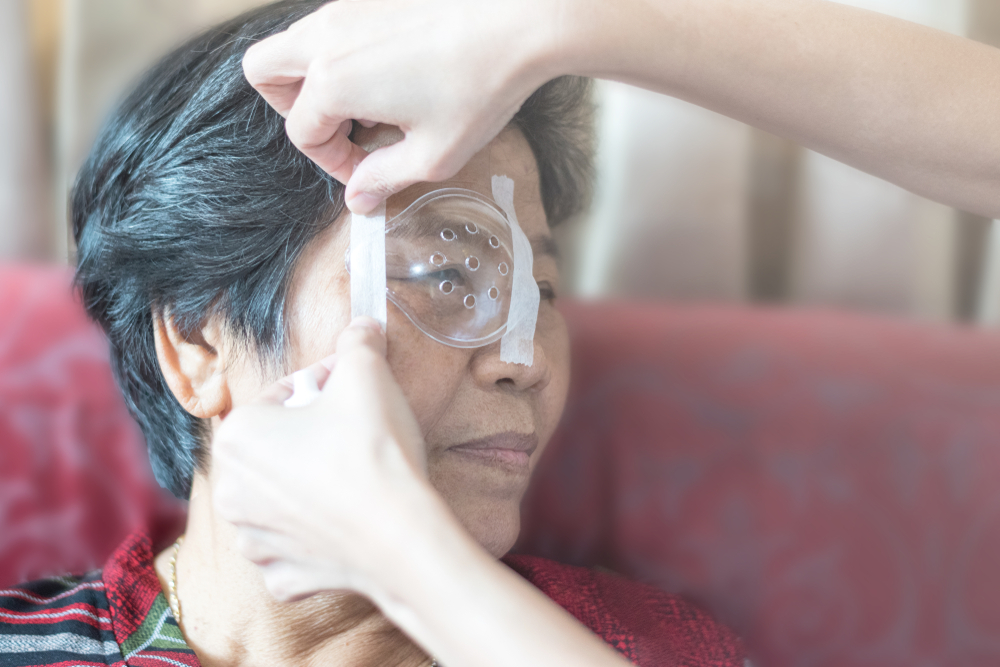
Glaucoma is one of the leading causes of irreversible vision loss, often referred to as the "silent thief of sight" because it can develop slowly and without noticeable symptoms in the early stages. Understanding what glaucoma is and the factors that influence how quickly it progresses can help you take proactive steps to protect your vision.
What Is Glaucoma?
Glaucoma is a group of eye conditions that damage the optic nerve, which is essential for vision. This damage is often caused by abnormally high pressure in the eye (intraocular pressure or IOP), though it can occur even with normal pressure levels. Over time, this pressure can lead to gradual vision loss, starting with peripheral vision and progressing inward.
What Factors Influence Glaucoma Progression?
While every patient’s experience with glaucoma is different, several key factors influence how quickly the condition progresses:
- Intraocular Pressure (IOP): The higher the eye pressure, the greater the risk of damage to the optic nerve. Uncontrolled IOP is the most significant risk factor for progression.
- Age: Glaucoma becomes more common with age, particularly after 60. Older patients may also experience faster progression.
- Type of Glaucoma: Certain types, such as angle-closure or secondary glaucoma, tend to progress more rapidly than primary open-angle glaucoma.
- Genetics and Family History: A family history of glaucoma can increase the risk of developing the disease and may impact how aggressively it advances.
- Ethnicity: Individuals of African, Asian, or Hispanic descent may be at higher risk of developing certain types of glaucoma and experiencing faster progression.
- Corneal Thickness: People with thinner central corneal thicknesses may be more vulnerable to optic nerve damage, even at lower pressures.
- Lifestyle and Systemic Health: Conditions such as diabetes, hypertension, and sleep apnea, as well as smoking and poor circulation, can influence glaucoma progression.
- Adherence to Treatment: Skipping prescribed medications or follow-up appointments can allow the disease to worsen more quickly.
Why Regular Eye Exams Are Critical
One of the most important ways to manage glaucoma is through early detection and consistent monitoring. Since glaucoma can develop without symptoms, especially in its early stages, regular comprehensive eye exams are essential. These exams can help detect rising eye pressure, optic nerve damage, and other signs before vision loss occurs.
Protect Your Vision at Canyon Optometry
We use advanced diagnostic tools to assess eye health and monitor changes over time. If glaucoma is detected, we’ll work with you to develop a personalized treatment plan to help control progression and preserve your vision.
Schedule your comprehensive eye exam with Canyon Optometry to stay ahead of glaucoma. Visit our office in Irvine, California, or call (949) 559-5905 to book an appointment today.









